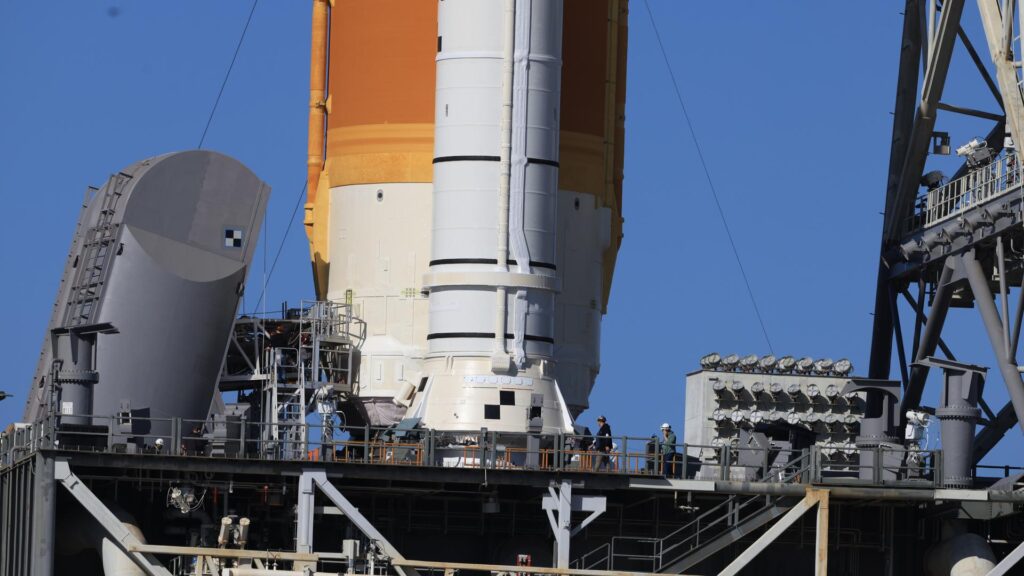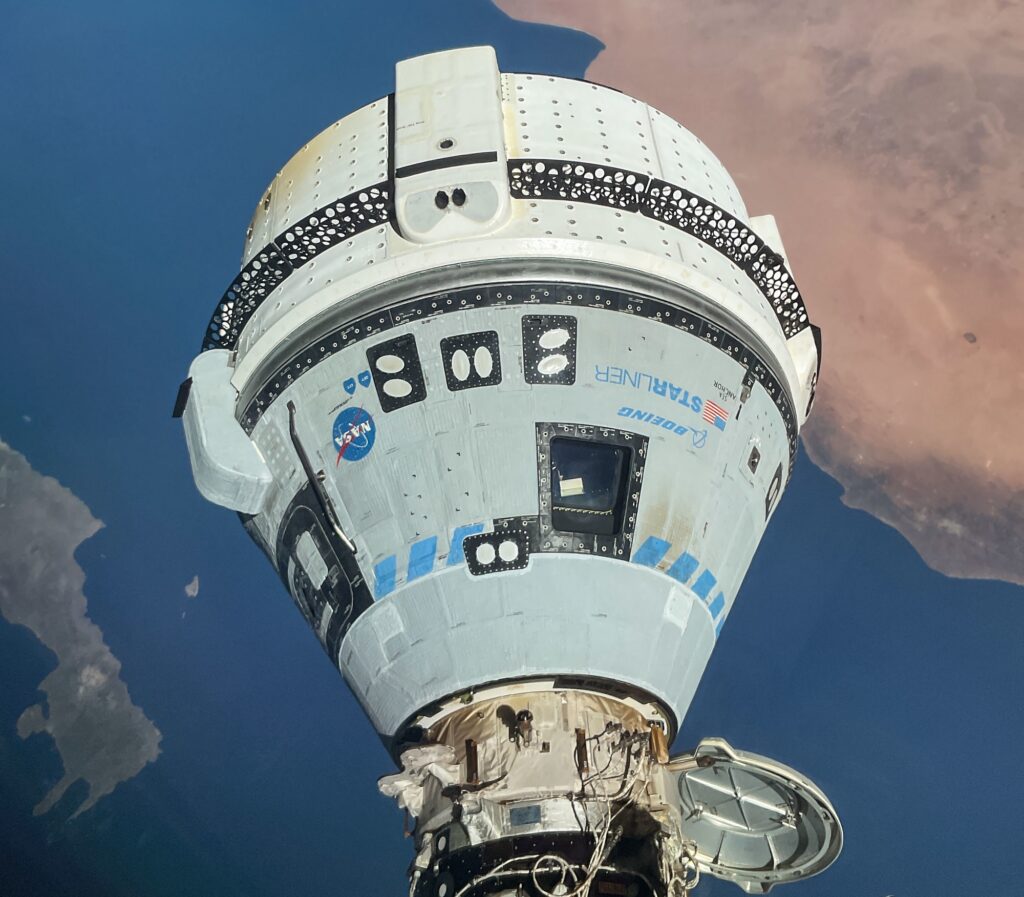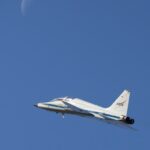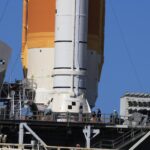Now Reading: Space Force plans new ‘Futures Command’ amid pressure to speed up modernization
-
01
Space Force plans new ‘Futures Command’ amid pressure to speed up modernization
Space Force plans new ‘Futures Command’ amid pressure to speed up modernization
WASHINGTON — Gen. Chance Saltzman, the Space Force’s top officer, announced Dec. 17 that the service will establish a new Futures Command in early 2025, a move aimed at giving the military’s newest branch more analytical firepower to justify its programs and spending.
Speaking at the Center for Strategic and International Studies (CSIS), Saltzman said the new command will help provide “the data set that we can then use in the budget fights” — a crucial capability as the Space Force faces growing congressional scrutiny over its acquisition speed and strategic focus.
CSIS on Tuesday hosted an event marking the Space Force’s fifth anniversary.
Saltzman and other officials at the event highlighted growing concerns about China’s rapidly advancing space capabilities, which include everything from satellite-killing weapons to new communications systems that could give Beijing an edge in future conflicts.
A new command
The Futures Command will expand on work currently done by the Space Warfighting Analysis Center (SWAC), adding new organizations focused on threat analysis and capability planning to determine what forces and systems the Space Force needs to counter emerging challenges.
The new command also will have a dedicated wargaming team to test potential technologies through tabletop exercises and learning campaigns, and will do requirements validation to ensure new programs have rigorous analytical backing.
Speaking last week at the Spacepower Conference in Orlando, Florida, Kelly Hammett, who leads the Space Force’s Rapid Capabilities Office, suggested the Futures Command could help streamline how the service handles requests from regional military commands, creating “a prioritized set of requirements” rather than trying to juggle competing demands.
Lt. Gen. Shawn Bratton, deputy chief of space operations for strategy, plans and programs, told reporters at the Spacepower Conference that the plan is to name a two-star commander and begin a basing process to select a headquarters location. The SWAC is currently based in Colorado Springs.
Although Saltzman first unveiled plans for the Futures Command in February 2024, the decision to push its establishment to early 2025 appears designed to give the incoming administration a voice in shaping the new organization’s structure and priorities.
Congressional scrutiny
Even as the Space Force moves to strengthen its planning capabilities, it’s facing heat from Capitol Hill over the pace of its technology development.
“We can no longer afford to wait eight or more years to develop requirements, and conduct long drawn-out competition processes,” Rep. Mike Rogers (R-Ala.), chairman of the House Armed Services Committee, said at the CSIS event. “Nor can we afford these endless cost-plus development contracts.”
Rogers, a key oversight figure for military space programs, pushed for the Space Force to develop more acquisition and technology experts rather than focusing primarily on operators. “After all, what are those operators going to operate if acquirers aren’t acquiring?” he noted.
Stay Informed With the Latest & Most Important News
Previous Post
Next Post
-
 01Two Black Holes Observed Circling Each Other for the First Time
01Two Black Holes Observed Circling Each Other for the First Time -
 02From Polymerization-Enabled Folding and Assembly to Chemical Evolution: Key Processes for Emergence of Functional Polymers in the Origin of Life
02From Polymerization-Enabled Folding and Assembly to Chemical Evolution: Key Processes for Emergence of Functional Polymers in the Origin of Life -
 03Astronomy 101: From the Sun and Moon to Wormholes and Warp Drive, Key Theories, Discoveries, and Facts about the Universe (The Adams 101 Series)
03Astronomy 101: From the Sun and Moon to Wormholes and Warp Drive, Key Theories, Discoveries, and Facts about the Universe (The Adams 101 Series) -
 04Φsat-2 begins science phase for AI Earth images
04Φsat-2 begins science phase for AI Earth images -
 05Hurricane forecasters are losing 3 key satellites ahead of peak storm season − a meteorologist explains why it matters
05Hurricane forecasters are losing 3 key satellites ahead of peak storm season − a meteorologist explains why it matters -
 06Thermodynamic Constraints On The Citric Acid Cycle And Related Reactions In Ocean World Interiors
06Thermodynamic Constraints On The Citric Acid Cycle And Related Reactions In Ocean World Interiors -
 07Binary star systems are complex astronomical objects − a new AI approach could pin down their properties quickly
07Binary star systems are complex astronomical objects − a new AI approach could pin down their properties quickly


















